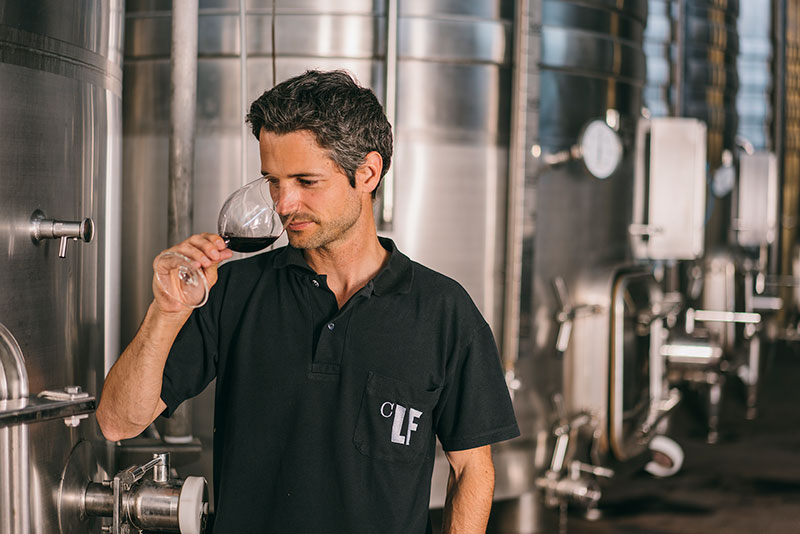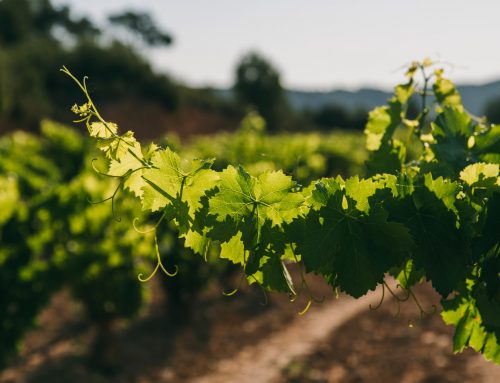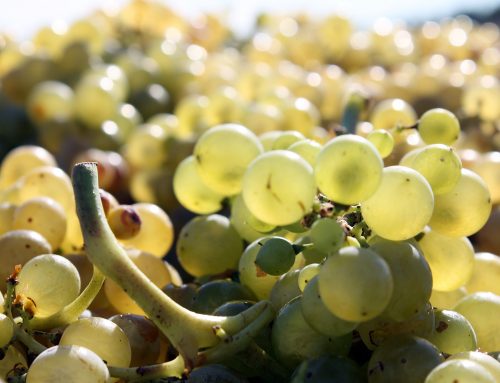
I’m launching a blog and I’d like to start by talking about why the philosophy that lies behind a project such as a winery is so important.
However, when discussing wine, shouldn’t we talk about oenology rather than philosophy?
Oenology provides tools, technology, knowledge and the means to make the wines you want to make. However, what wines do you really want to make? What reality do you want these wines to reflect? Let’s look at some examples. Some wines express the variety with which they have been made. Others might express the long history behind their vineyards, the family that owns them, and the landscape from which they have come, or even a state of mind.
Hold on a moment! It’s your first post and I am not sure I can follow you. Are you trying to tell me that a winery can produce very different wines from the same vineyard if the intention or motivation behind each wine is different?
Yes, that’s right! Let’s take a look at an example of this. A vineyard in the Terra Alta region could try to make a cheerful White Grenache, one that is carefree and has no other pretensions other than to please a large public. They can do this by simply picking the right fruit in an early harvest. In contrast, when making Lafou Els Amelers, we have aspired to make a white wine that is expressed and defined through its variety, its landscape and the history of the area to which it belongs. In this way, we seek fullness in the mouth and a certain degree of extraction –such as in the historic White Grenache from the region which has a late harvest, and whose wine we mix with a greener and fresher one. It expresses a freshness that embraces this area thanks to the “Cerç” and “Garbinada” winds that sweep through the land.
Let me see. Are you saying that it is similar to musicians who interpret the score? If so, does that mean winemakers and oenologists interpret the vineyards?
Exactly, but not only the vineyards, but everything that surrounds them, such as vegetation, fauna, history, people, orography, feelings, … I like to say that we are interpreters of the landscape, a concept that encompasses many of these elements. Let’s look at another parallelism. It is similar to how a realistic painter and an expressionist painter will interpret the same scene in such different ways because feelings, culture or the artist’s own values and experiences have nothing to with each other.
Music, painting… Is wine-making an art?
Of course it’s an art…
Well, my head is now spinning with so many ideas, but in the end I think everything has become clear to me. So, long live Philosophy!


